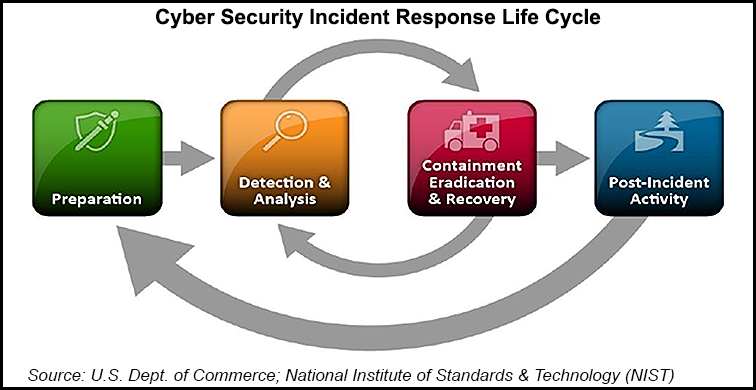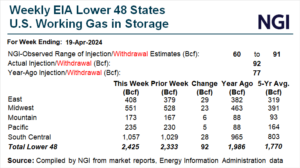Daily GPI | Infrastructure | Markets | NGI All News Access | NGI The Weekly Gas Market Report | NGL | Oil | Regulatory
TSA Adds More Stringent Cybersecurity Requirements for U.S. Natural Gas, Oil Pipelines
© 2024 Natural Gas Intelligence. All rights reserved.
ISSN © 1532-1231 | ISSN © 2577-9877 | ISSN © 1532-1266 |



